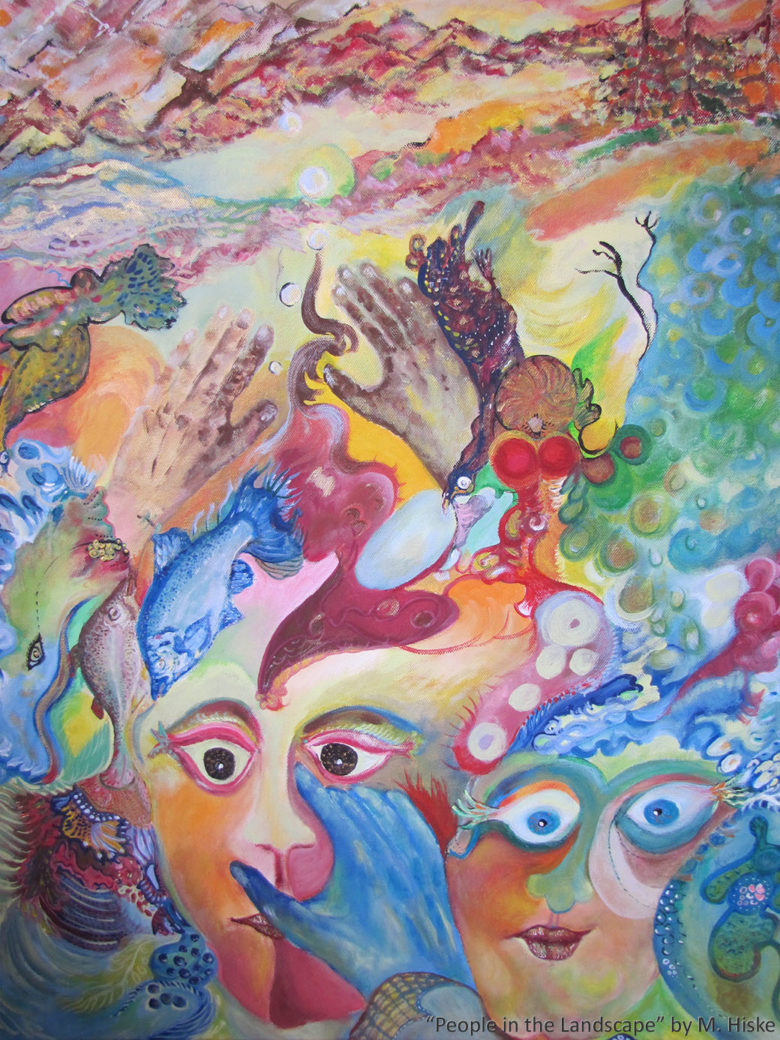Our book chapter “Writing the self for reconciliation and global citizenship: The inner dialogue and creative voices for cultural healing” by Reinekke Lengelle, Charity Jardine, and Charlene Bonnar was accepted by Springer this week.
I wrote the work with two of my graduate students for a volume on the Dialogical Self in Education. In the chapter we talk about the need for cultural healing starting with the healing of destructive self-narratives and we can do this work through creative, expressive, and reflective writing. Charity and Charlene tell their stories and together we learn that “a narrative that cannot be reconciled on a personal level is per definition a story that cannot contribute to reconciliation.”
A distinguished colleague from France wrote to compliment us on the chapter.
“What particularly interested me in your chapter is the application of the “writing the self” methodology to the political and social field of inter-community relations. Reading this article in the French and European context of today, I wondered if this methodology could not be adapted to deconstruct what Amin Maalouf has called “Murderous identities” that populate the minds of many people in our societies. How can we help people who believe in the absolute superiority of what they call their race, their culture or their religion? And who, in some cases, are ready to engage in violent actions to eliminate all those that they consider as the others? How to adapt “writing the self” to help our democracies to facing this near and imminent danger? How to help people whose identity is murderous into an identity that welcome human diversity?” J. G.



